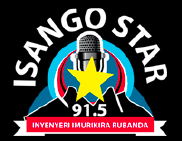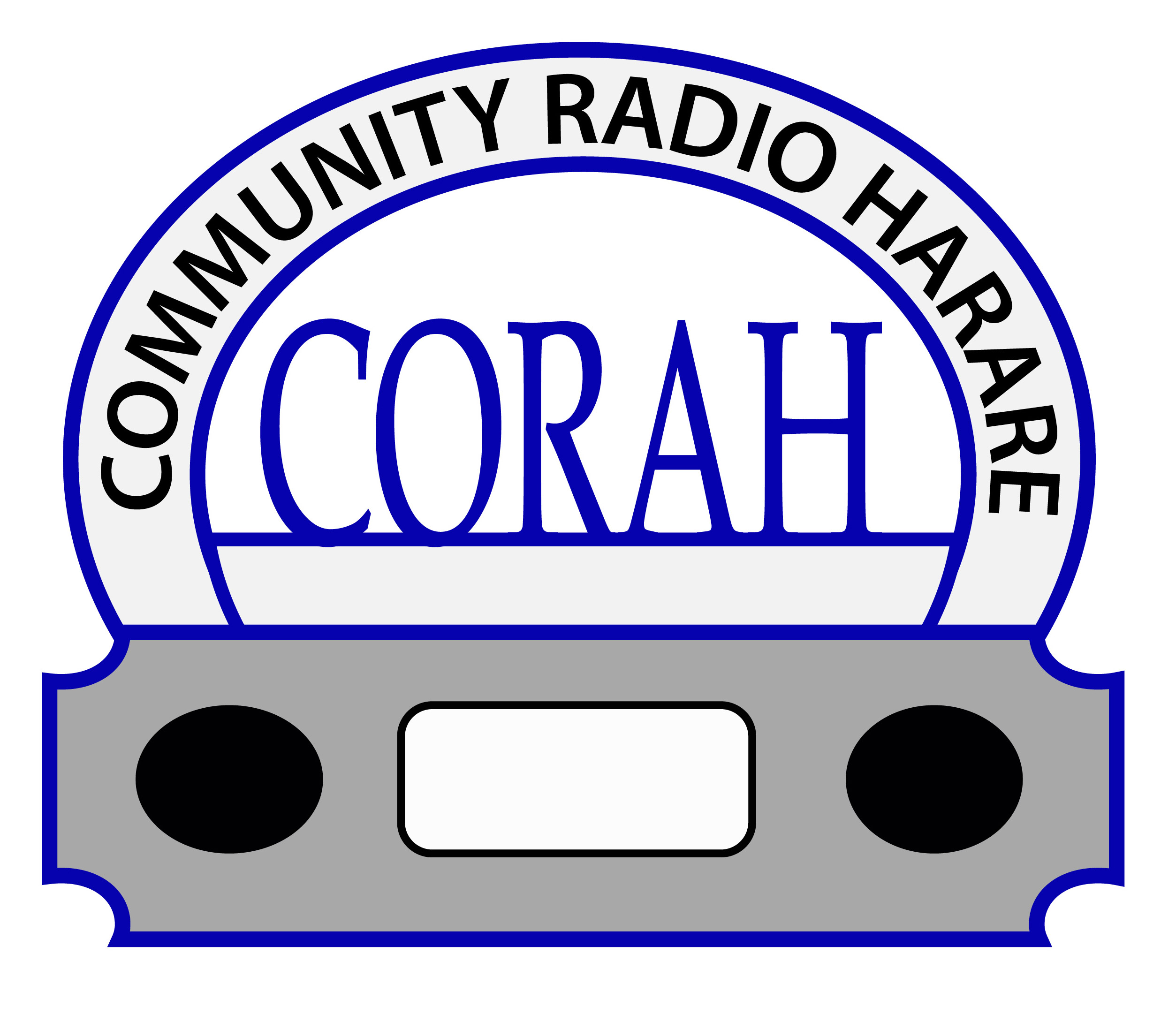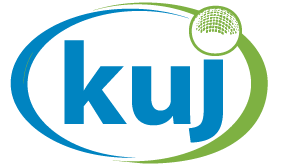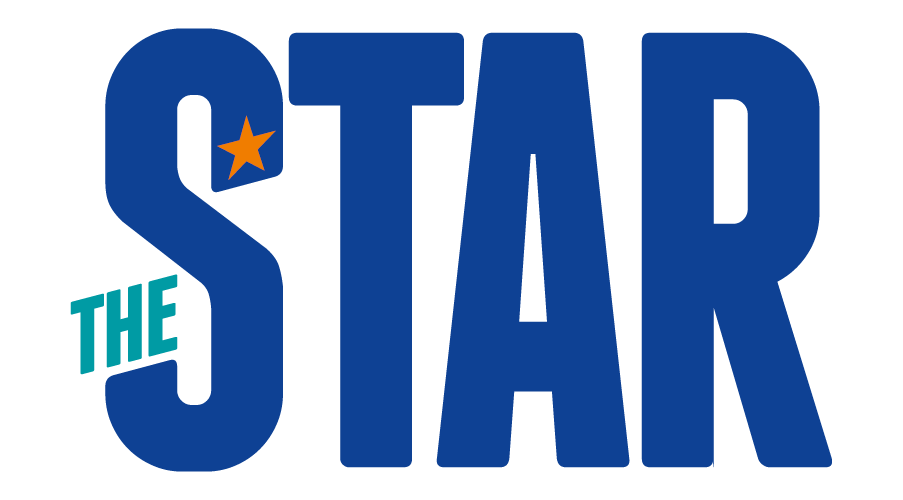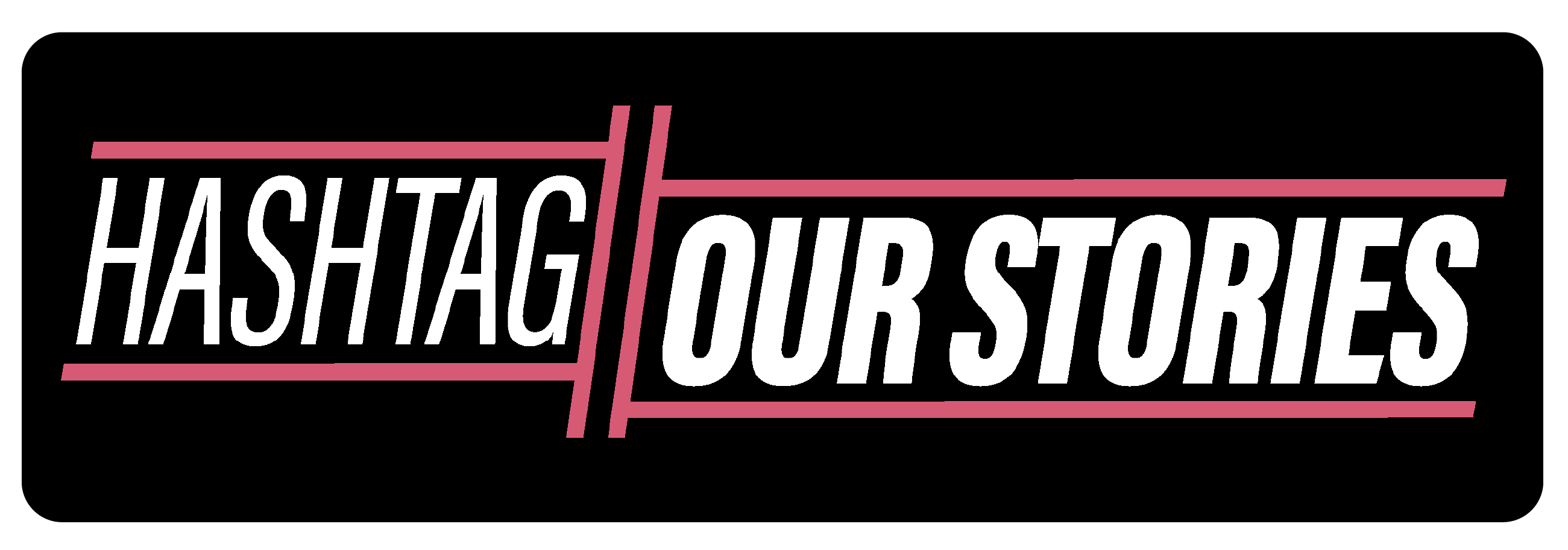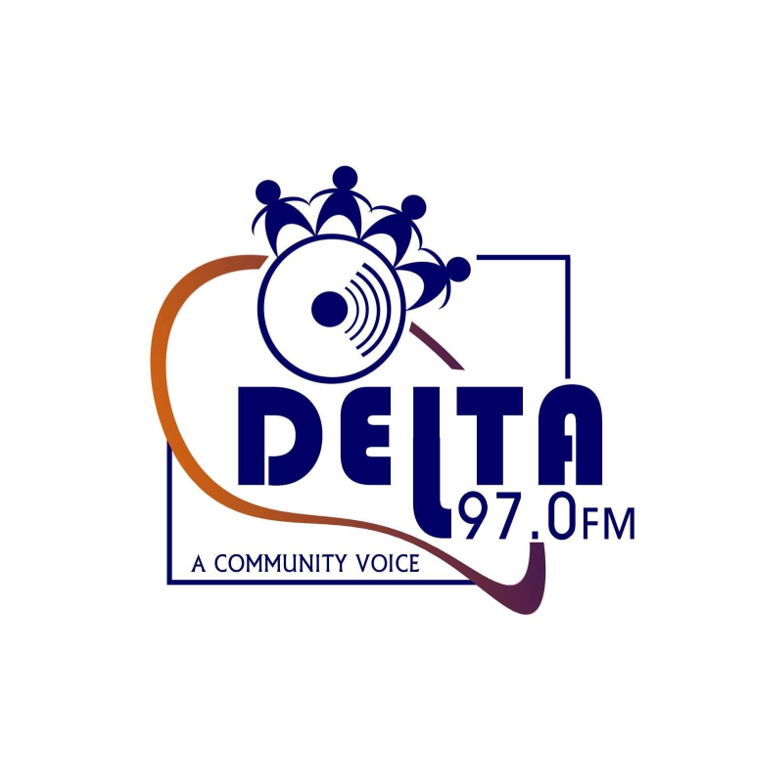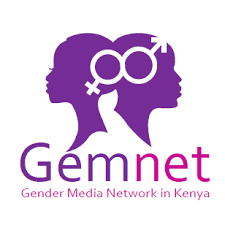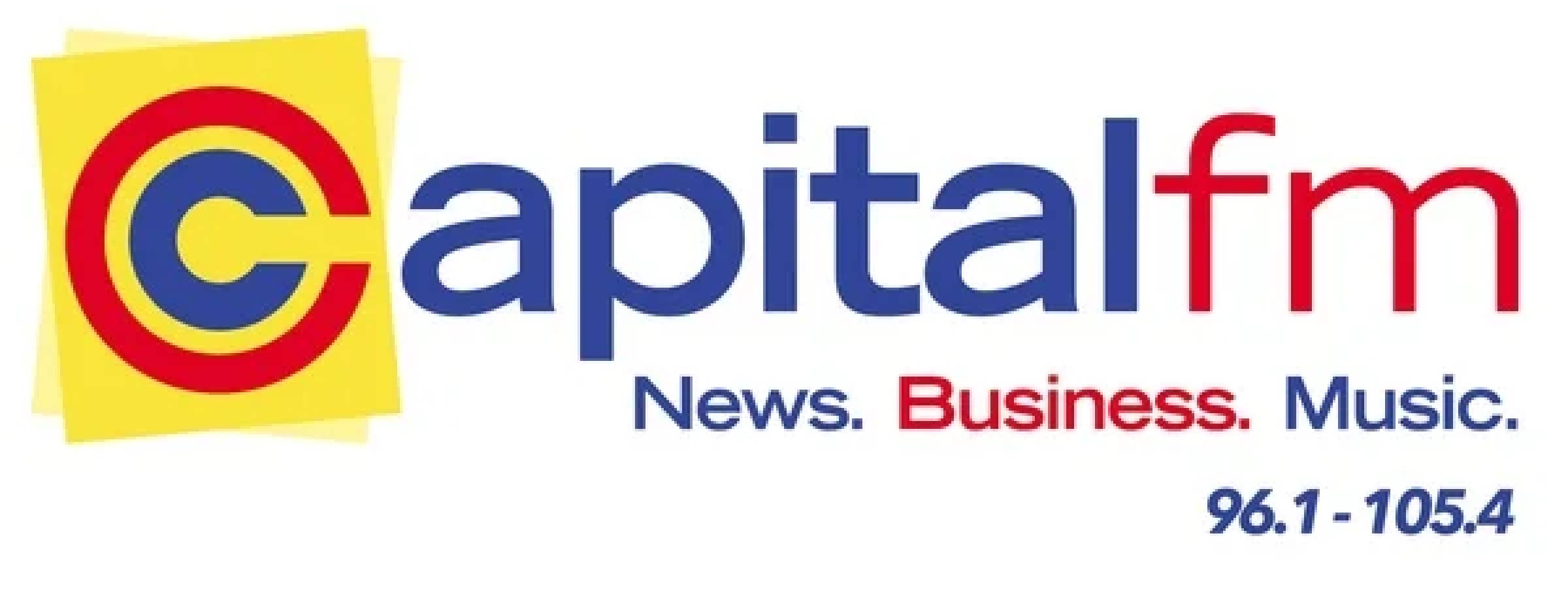Key Issue: Water
Journalists jolt public and policymakers awake on climate change impacts
- Centre for Public Interest Journalism – The NewsHawks
Journalists at NewsHawks produced five stories, five videos and 10 photos through the grant project. The content focused primarily on improving cooperation between the media, civil society and policymakers in how to tackle the impact of environmental degradation, climate change and natural disasters. Reporting took into account the main environmental challenges facing Zimbabwe, including mining, land degradation, deforestation, water resources, air pollution, rainfall variability and biodiversity loss. Several articles specifically looked at issues of pollution affecting rivers and aquatic life, to highlight the threats to people as well as the ecosystem, raise public awareness and jolt policymakers into action. The team also used their reporting to present the key sustainability challenges and opportunities as well as their links to poverty reduction and socio-economic development.
Protecting sacred wetlands and giving farmers a voice
- Isango Star
Isango Star produced 12 stories across eight districts, highlighting the challenges and successes involved in the Nyabugogo catchment plan within the Nile basin. It also produced two stories on the effects of climate change on the aquatic population in Muhazi Lake. The stories covered a wide range of nuanced topics regarding water issues, such as monitoring the implementation of activities related to Nyabugogo flood control, the restoration and development of Gikondo Wetlands, the construction of a new Muhazi multipurpose dam and the creation of training programmes for local stakeholders and beneficiaries. The coverage enabled farmers to voice their concerns about the loss of aquatic life on Muhazi Lake and provided support for them in rebuilding farms in the area.
Informing communities on the dangers of oil project
- Vanguard Media Ltd.
Journalists at Vanguard Media Ltd. produced 18 print articles, one television programme, six podcasts in audio and video format, three radio talk shows and two YouTube videos. They also carried out five Twitter space conservations and launched a social media campaign, available under the hashtag #EACOPClimateTalks. Their work focused on disseminating news to local communities on the dangers that come with an oil pipeline project, such as climate change, biodiversity loss and environmental challenges. Vanguard Media Ltd. intends to continue informing local communities about their rights and privileges, and help its audience become more pro-wildlife and pro-environment.
A voice for marginalised communities on biodiversity conservation
- JRS – Radio Kwizera
JRS – Radio Kwizera used the grant project to train individuals in climate change reporting and produce numerous pieces of content. Fifteen journalists from five different radio stations participated in a three-day training, before producing 20 programmes and 700 radio spots. The station also recruited 280 young people and a further 10 journalists, who produced 10 magazines and 10 documentaries. They also produced several one-hour live panel discussions. The content centred around raising awareness on the importance of conserving plant species, water sources and eco-friendly farming methods. The live panel discussions looked specifically at biodiversity conservation around the Kagera basin. Through their reporting, participants were able to have an impact on the promotion of sustainable land use practices to accelerate agricultural productivity and minimise habitat loss and environmental degradation. It also encouraged the participation of marginalised communities in using eco-friendly energy sources.
Community-oriented strategies to solve water challenges
- Community Radio Harare (CORAH)
CORAH produced articles, podcasts, videos and community live chats, in a series of four each, on various water-related issues. Journalists reported on how to create community rainwater harvesting solutions, how poaching has contributed to land degradation and a loss of urban farming land, and how residents are demanding for the government to complete the Muda Dam to ease challenges at community water points. They also spoke to women and people living with disabilities from the target areas of Mabvuku/Tafara, Hopley, Epworth and Chitungwiza about how climate change has robbed them of clean potable water as well as exacerbated cases of sexual violence against girls, and social challenges for those with disabilities. The intended impact was to encourage active participation by residents in the mitigation of climate change. Residents who participated in the project contributed several strategies, such as preservation of wetlands, engaging tree experts in planting activities and petitioning the local board to regulate the haphazard digging of unsafe water wells.
Raising awareness on climate change and pushing for policy action
- Nukta Africa
Through this grant, Nukta Africa produced 10 data-driven and special reports, 10 infographics, 10 podcast episodes and five videos on various topics related to climate change, such as indiscriminate tree felling and ocean pollution. The project helped raise awareness for the general public and aimed to push policymakers, businesses and government officials to take actions to protect the environment and mitigate the effects of climate change. In addition to producing new content on climate change and the environment, the project allowed journalists to share solutions to help reduce the effects of environmental destruction in Tanzania. Nukta Africa reached 420,000 people on all platforms with its climate change content.
Kenya Union of Journalists
- Kenya Union of Journalists (KUJ)
The KUJ conducted a two-day training for 20 journalists from print, TV, community radio and online media houses in Kenya. Journalists produced eight audio stories, seven articles and six videos on the effects of climate change. They were trained on how to report on issues such as food insecurity, drought, pastoral conflict, flood, deforestation and river pollution. As a result, journalists gained confidence in reporting on climate change, grew their network within different sectors of the industry and learnt how climate change affects local communities. They also learnt how climate change reporting can influence policy change and, eventually, government action.
Saving Kenya’s lakes from climate change effects
- Radio Africa Group – The Star newspaper
For this project, journalists at Radio Africa Group published a series of four in-depth articles, four podcasts and four videos, exposing the link between climate change and environmental impact. It examined the effects of swelling lakes in the Rift Valley and the effects on the surrounding communities, as well as the gradual loss of wild beast migration between Kenya and Tanzania. Journalists also documented the work of Kenyan scientists who are researching ways to overcome the spread of vector-borne diseases, as part of a solution-based story. The project has caused the Kenya National Environment Management Authority to commit to putting an end to land degradation in an effort to save Kenya’s only soda lake, Lake Magadi. In addition, the Kenya Medical Research Institute and the International Centre of Insect Physiology and Ecology have both agreed to involve the media in the dissemination of research by these organisations.
Climate change solutions for communities near Uganda’s lakes
- Vision Group – New Vision Printing and Publishing Company
This project aimed to highlight the impact of climate change on poor communities along three major bodies of water in Uganda: Lakes Victoria, Albert and Kyoga. The company produced 70 stories on climate change across the Vision Group platform, including 10 print articles, 18 short videos on the New Vision app, 17 television broadcasts, 22 radio shows and three podcasts. The content offered a global dimension to climate change while showing the local impacts: it has been linked to the current droughts and floods that have displaced thousands living near bodies of water in Uganda. Other themes focused on how climate change has disrupted social settings, destroyed critical infrastructure, and impacted women and children. It also looked at Uganda’s current legal framework as well as policy gaps and progress. The interactive nature of the project enabled citizens to contribute to policy debate.
Igniting climate change conversations
- 263Chat
Twenty-five journalists across Zimbabwe participated in this project, which aimed to raise awareness of the effects of climate change, following the country’s participation in the COP26 United Nations Climate Change Conference. Participants produced 28 products, including videos, podcasts, articles and social media posts on climate change issues, particularly rainfall patterns, which have changed dramatically in recent years. By leveraging its online reach and reputation, it was able to lead the conversation on climate change across different communities in Zimbabwe.
Augmented reality as a climate change storytelling tool
- Hashtag Our Stories
Hashtag Our Stories provided a mobile journalism virtual training course to eight participants. The training included lessons on how to film and edit with a mobile device, script and storyboard examples, and lens demonstrations. Participants scripted their own climate stories to reflect the issues affecting their communities, such as drought, agriculture, waste management, sustainable fuels, and water scarcity and solutions. They learnt how to create innovative and compelling visuals, and develop augmented reality lenses and motion graphics. The comprehensive toolkit provided African newsrooms and freelancers with innovative technologies while empowering them to tell climate stories using their mobile phones.
Raising awareness on wetlands
- Delta FM Radio Ltd.
Delta FM Radio embarked on a large undertaking to raise awareness about how invading wetlands can result in a change in weather patterns, unreliable rainfall and prolonged periods of drought. As part of this project, journalists produced 14 wetland updates in their radio bulletins for three districts, 16 web articles, three podcasts, three talk shows on wetlands and a video documentary. In addition to bringing these issues to a wider audience, the project also aimed to encourage the government to create alternatives for people cultivating swamps in order to increase wage-earning. The project helped journalists to broaden their reach to community leaders and local residents, and gain more recognition as a reliable news source on climate change and the environment.
Journalists trained in environmental storytelling
- Gender Media Network in Kenya (Gemnet)
Gemnet conducted a training workshop in Kisumu, western Kenya, to work with 20 journalists on how to better report on the environment and climate change. Journalists studied how rising water levels have exacerbated the growth of water hyacinth – which has led to suffocating fish and other marine life – as well as how human activity close to lakes can lead to degradation of biodiversity. As a result of the training, journalists published articles on environmental topics and several participants have chosen to specialise their reporting in climate change and the environment. The project has succeeded in stirring debate and conversation on climate change and the environment, and has empowered audiences to hold policymakers accountable on such issues.
Climate change exchange and offering a voice to the voiceless
- Capital Radio Malawi
This project was aimed at creating a platform for sharing information relating to the environment, climate change, weather, and disaster response and mitigation, targeting 15 of the 28 districts in Malawi. The station produced 20 recorded radio programmes and five live radio programmes, and enhanced its social media engagement. Through its radio programmes this project engaged policymakers, scientists, environmental organisations and meteorologists, and promoted exchange between rural and urban communities. It succeeded in providing a voice for vulnerable groups, such as women, the elderly, youth and those living with disabilities.

